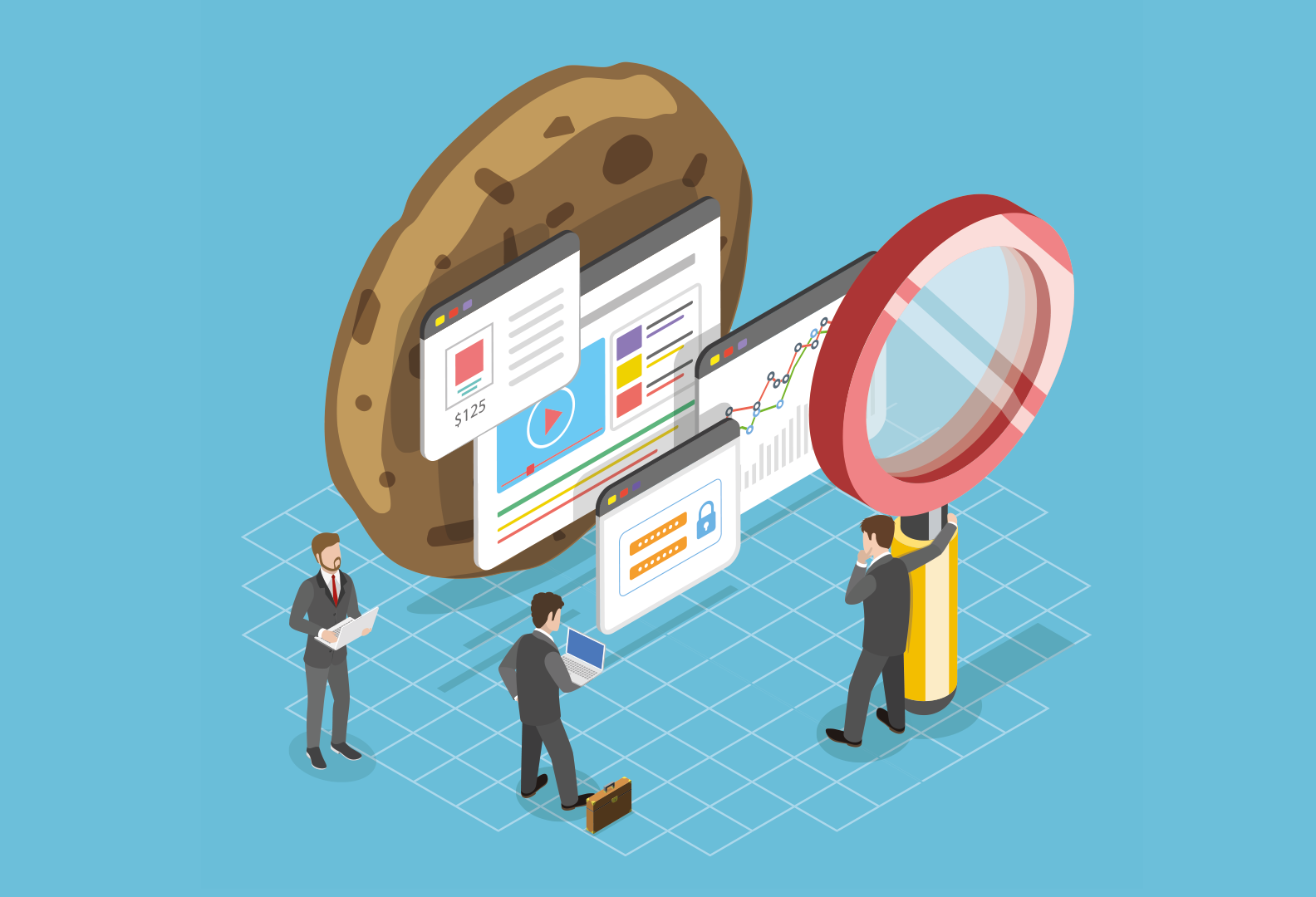What are cookies?

What are cookies?
“The page uses cookies” “I accept” “Choose or customize”: this appears to us every time we browse the Web and open a site.
The “Accept” button consents to the collection of our data, while the “Choose / Customize” button allows us to choose which cookies to give consent to and which ones to deny.
Very often, however, the second choice opens a very long list of often incomprehensible options for which we usually just accept.
But what have we accepted?
Cookies: what are they and what data do they collect?
How do cookies work in brief?
The Web server sends cookies: very small text files.
The Web Client receives the cookies and the user sees a banner with the two response options: “accept” or “choose / customize”, the response is sent back to the Web Server.
How long would it take to read all the conditions of use of the most common services?
About 17 minutes for Facebook, 9 minutes for Instagram, 18 for LinkedIn, 14 for Amazon, 11 for Netflix, 35 minutes for Spotify, 30 for Zoom.
Cookies: what are they and what data do they collect?
What are cookies?
Let’s immediately dispel a myth: cookies (cookies) are not dangerous, nor are they sent to us for who knows what hidden purpose.
Indeed, many websites would not work without them.
The Cookie is in fact a facilitator for the website and for the user: it allows the portal to function properly and makes the user’s navigation easier and more personal.
Let’s talk about technical Cookies: essential to allow a better use of the page, for this reason they do not require our consent and are essential in every website.
However, the case of Cookies with commercial interests that require our consent to be able to profile us is different.
Cookies: what are they and what data do they collect?
What do cookies do and what are they used for?
- When you connect to a site, they intercept you and collect information related to your online activity
- They store the sites you have visited and the Apps you have seen (and for how long)
- They collect data on purchases made and on the most viewed products
- They geolocate you, so I understand where you are connecting from
- They connect info from different devices (PC, Smartphone, Tablet)
- They store interactions with the ads foundConsentire i cookies o no?
In most cases, cookies are useful.
They create easier and faster online experiences: by memorizing login, shopping cart, language, currency and other personal settings.
It is safe to use them on reputable sites to browse efficiently and personally.
Instead, allowing cookies on unknown or suspicious sites could be dangerous for your device: cookies do not damage your PC, your Smartphone or Tablet, but they can help hackers to infiltrate and recover the information contained in the cookies.
Types of Cookies
- Technical cookies
Technical Cookies are essential for a better functioning of the Web page, they do not require our consent.
What are they doing? They recognize our device and adapt the site to the screen format, save some data during multiple operations (eg items in the cart). - Commercial Cookies
All other cookies are of commercial interest and require our explicit consent, they are used to create a user profile and offer personalized content.
Data collected by Cookies
If you accept cookies for commercial purposes, the sites you visit and their partners will collect a lot of information about you: name, email, address (geolocation), your online activity, your interests, which sites you visit, which apps you use and for how long, from which devices you connect, if you interacted with the site’s ads, the purchases made, the most watched products, if your size is an S or an XL.
How to make a Cookie Policy
In order to inform the user, the Data Protection Authority has provided that the notice of cookies must be done in two ways: the short information and the extended information.
The information on Cookies is however too long and complex: the extended information – established by the Guarantor – is almost useless, because it provides more detailed information on cookies and their use, but it involves dozens of pages with an incomprehensible technical language to most, for which most users are discouraged and accept.
How to protect your data?
There are small steps to take to protect your data and privacy.
- Anonymous browsing
Connect incognito on the browser: anonymous browsing allows you not to save cookies.
Cookies should not be blocked because, as we said, the technical ones are useful for better navigation on the portal. - Select cookies
Select individually, from the banner preferences, which cookies you want to give consent to and which you want to deny it.